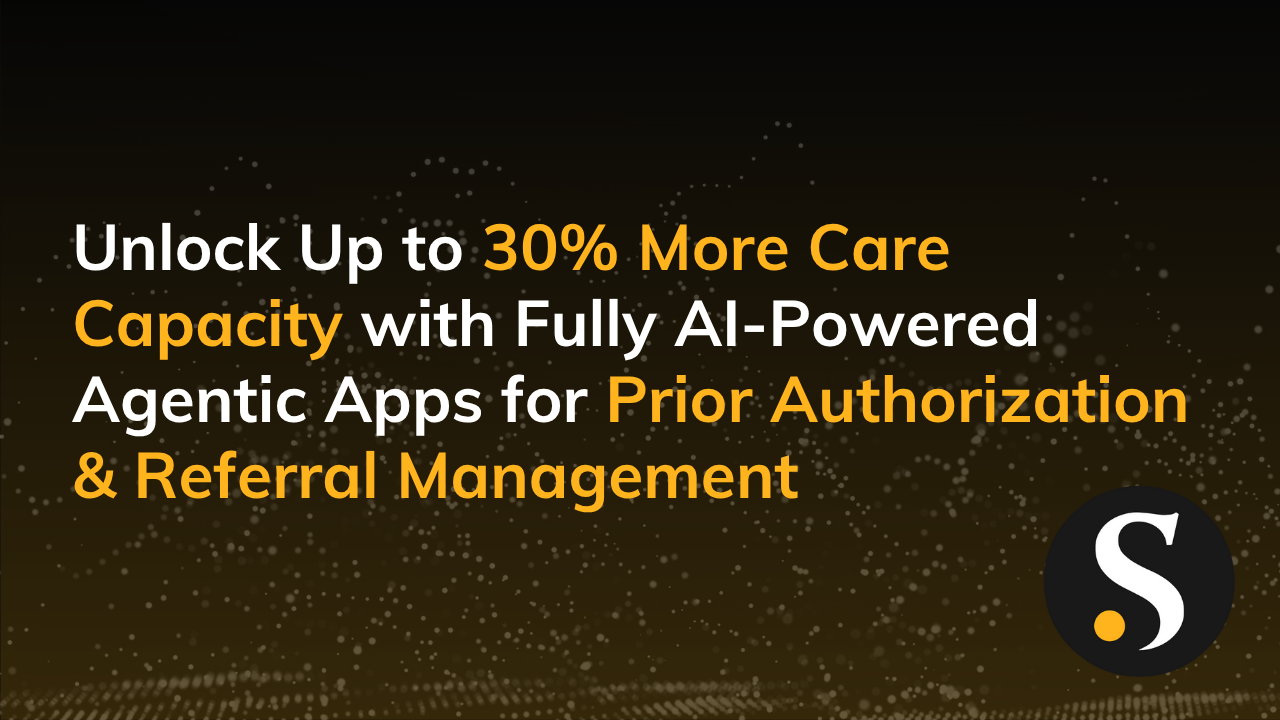In a digital universe expected to generate 463 exabytes of data each day by 2025, will you still make decisions based on instinct? Or, will you leverage all of the data that’s available to you to make informed decisions?
As more organizations embrace digital business strategies, adopting a data culture is a top priority for executives and managers.
While there’s a deluge of information that discusses the benefits of being data-driven, there aren’t many sources that clearly define what a “data culture” is and whether this term is different from “data-driven.” Now the term “data-informed” is being pushed harder in our industry.
Today we’re here to help you develop a better understanding of what having a data culture really means for your organization. We’ll also help you see why being data-driven and data-informed are key for any data culture.
What Is a Data Culture?
Data culture is the culmination of adoption and governance efforts where members have unencumbered access to:
- Managerial business intelligence tools for data-driven decisions.
- High-level views of the business domain for data-informed decisions.
- Leadership that expects strategy, decisions, or rationale to be backed by data.
Most modern businesses collect some form of data in their day-to-day operations. This data could be in the form of daily transactions, supplier data, and more. In this context, every organization seems to have a data culture. Similarly, organizations that employ data analytics to generate insights are also following a data culture.
These are merely data-related capabilities of an organization and they don’t necessarily define a data culture. Instead, data culture is an enterprise-wide endeavor where every individual within an organization shares a willingness to trust data equally to their intuition and experience.
“True data culture is about bringing a cultural shift so that every team and every individual feels empowered to do great things with data available at their fingertips.” This definition from Microsoft emphasizes the democratization of data, which necessitates continuous education and encouragement across the organization.
To build a company-wide trust in data, it’s crucial to ensure data quality is high so people use data consistently in all their decisions. To attain a data culture, your organization needs to be both data-driven and data-informed.
Here is the fundamental difference between being data-driven and being data-informed:
- Data-driven: You let the data guide your decision-making process.
- Data-informed: You let data act as a check on your intuition.
What Is a Data Culture Company?
A data culture company is one that promotes the continuous use of data to make or affirm all business decisions. In such a business environment, everyone has access to timely, relevant data in the form of self-service analytics. Everyone also has the freedom to exploit and explore data to make decisions that serve the greater organization.
Once an organization fully embraces a data culture, data usage becomes an inherent part of employee workflows, questioning happens based on , and data takes center stage in measuring quality and success.
Why Data Culture Matters
More than 50% of Americans trust their “gut” to determine what’s right and what’s not. We tend to rely on intuition to decide what to believe, even when there are facts that speak otherwise. While intuition can be a useful tool in decision-making, your gut (even if it is to be trusted) does not scale across an organization.
Intuition will spark the development of a thought process along a particular path. Through data, you will verify the claim and make accurate predictions.
The case is no different for businesses. Organizations that make decisions based on data-driven insights tend to perform better. Forrester calls these organizations insights-driven companies, showing that these companies are growing at an average of over 30% annually and that they are on track to earn $1.8 trillion by 2021.
Echoing the importance of a data culture, Gartner predicts that by 2022, 90% of corporate strategies will consider information as a critical asset and analytics as an essential competency for enterprises. Additionally, by 2023, data literacy will become a necessary driver of business value and will have a formal inclusion in over 80% of data and analytics strategies and change management programs.
These figures highlight the importance of adopting data culture to improve decision-making and maintain competitiveness in a globally competitive market. In addition to these benefits, a data culture also enhances your organization’s overall efficiency by highlighting bottlenecks, removing duplication, and signaling changes in processes to reduce costs.
With a better understanding of consumer preferences, data and analysis also let you capture market opportunities faster than your competition and enable you to act and react more quickly to market and consumer trends. Good quality data will also help in revealing which products and services are out of trend so that you can confidently eliminate them.
How to Implement Data Culture
So, how does your organization truly adopt a data culture? Most organizations must undergo a significant organizational shift.
The core idea that data-based decisions are superior over judgments based on intuition must permeate all departmental levels. To ensure consistent usage, team members must develop a mindset to maintain the integrity and quality of data.
Follow these steps to integrate a data-driven culture within your organization…
1. Appoint data leadership
When the responsibility of data ownership and governance is distributed among the C-suite, warring occurs and hinders advancement. Every aspect of your business has a C-suite position, why not data? The promotion of a Chief Data Officer is paramount for a data culture to be led by a vision.
2. Start collecting data
To make data-driven decisions, you’ll first need meaningful data. Create a data warehouse and collect both internal and external data generated from different sources such as your CRM, site conversions, customer data, social media, competitor analysis, etc.
3. Ensure data quality
Filter useful data that is accurate and trustworthy so it serves as a reliable source of information for your organization. This process involves creating a single source of truth and establishing data governance practices. The goal is to make sure everyone has access to quality data—and data that is relevant to each individual or department.
4. Develop data literacy
Merely establishing a data governance strategy won’t drive company-wide adoption of data culture. Your team may lack the proper skills to access and interpret data, necessitating the development of data literacy programs.
These initiatives may include top-down guidance from executives, promoting data sharing practices, training on using analytics and BI tools, and even recruiting data experts and a Chief Data Officer (CDO) for effective integration and management.
5. Enhance data accessibility
A true data-driven culture is only possible when everyone has access to data without friction. Remove any barriers so every individual and every department has access to data. The entire organization benefits when more people ask questions and get answers through data and its analysis.
6. Celebrate and reward success
When your teams or individuals succeed with data, don’t forget to celebrate this achievement through rewards and recognition. This practice fuels confidence and encouragement within other groups to turn to data when making decisions.
______________
Adopting a data culture is a complex process that demands a dramatic change within your organization. Yet, doing nothing leaves your organization at risk. There’s no time like the present to build a strong data culture.
At CSG Pro, we help promote a strong data culture across your organization. to start building a solid foundation.




